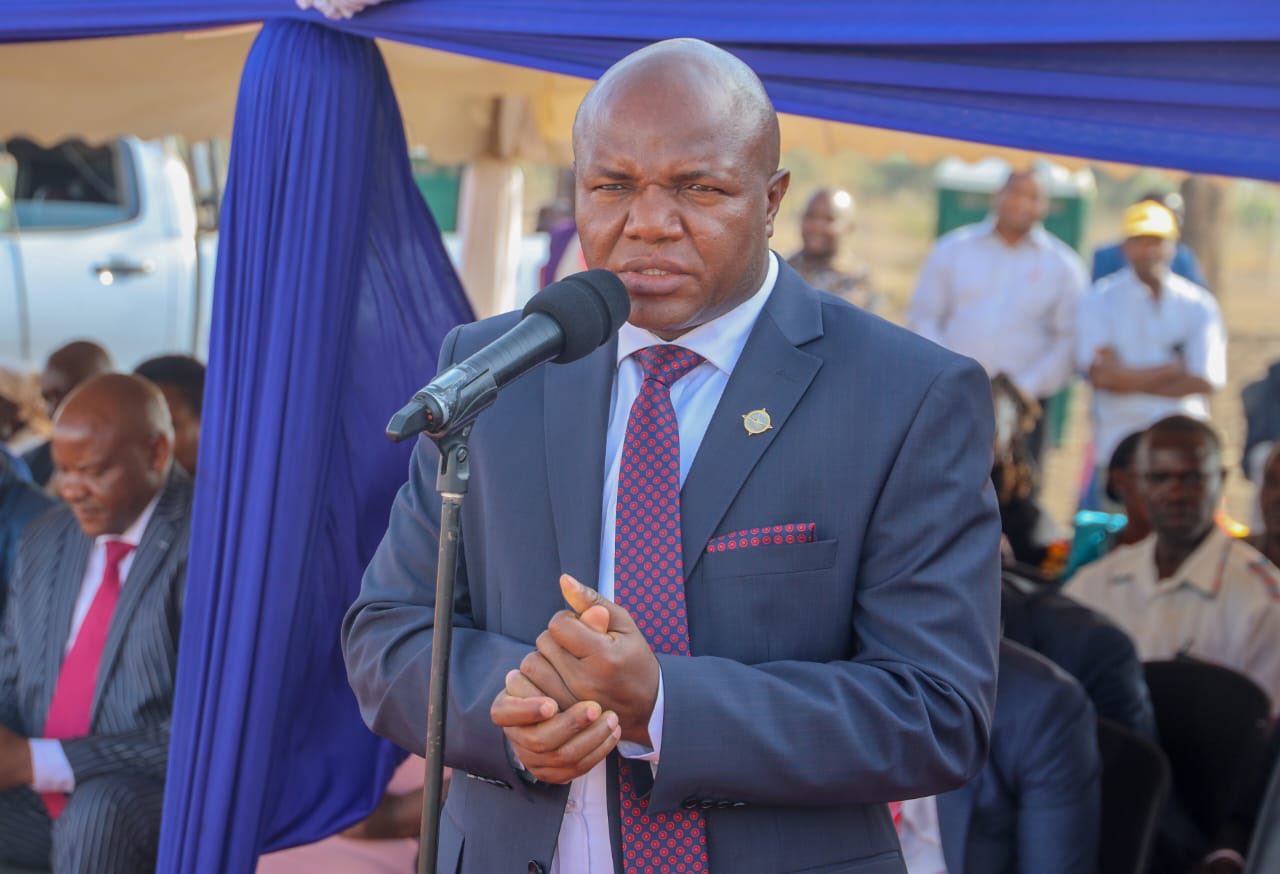

Machakos Deputy Governor Francis Mwangangi has urged Kenya to draw lessons from the failed bid for the African Union Commission (AUC) Chairmanship.
He said Kenya should not shy off following the loss but field more candidates for key global positions in the future.
Mwangangi, a diplomacy and international relations expert, acknowledged that while Kenya made mistakes during its campaign, the experience provided valuable insights for future endeavours.
Kenya’s candidate, Raila Odinga, lost his bid to succeed Moussa Faki, with Djibouti’s Foreign Minister Mahamoud Youssouf emerging victorious in the election held last Saturday in Addis Ababa, Ethiopia.
Mwangangi highlighted several challenges that contributed to Raila’s defeat, claiming that Kenya relied on diplomats who were unaware of shifting diplomatic dynamics across the continent.
“While it is true that the AUC chairmanship was decided by political leaders through a popular vote, our seasoned foreign affairs experts and diplomats were either ignored or sidelined throughout the campaign,” Mwangangi stated.
According to Mwangangi, Kenya’s internal political baggage, including allegations of corruption, social injustices, and a crackdown on dissent, may have hurt Raila’s candidacy.
“There is a strong feeling that Raila should not have rushed to support the Kenya Kwanza administration, abandoning Kenyans and his former opposition colleagues,” Mwangangi said.
Mwangangi further attributed Raila’s loss to a coordinated social media campaign by Gen Z activists, who felt betrayed by Odinga for aligning with the government.
“Due to Raila Odinga’s perceived betrayal of Gen Z and ODM supporters, young people launched a massive online campaign against both President William Ruto and Raila, directly targeting the AUC chairmanship bid,” he noted.
Despite Kenya’s strong political and economic influence, Mwangangi argued that the government failed to employ a strategic diplomatic approach that could have secured crucial African allies.
“Kenya should have prioritised securing the backing of powerful African nations such as Nigeria, Ghana, Morocco (West Africa), South Africa, Angola (Southern Africa), Egypt (North Africa), and Ethiopia and Tanzania (East Africa),” he said.
According to Mwangangi, these countries hold significant influence, and their support would have greatly boosted Kenya’s chances.
He claimed that some African leaders could have viewed the
government’s endorsement of Raila as a move to resolve domestic political
conflicts rather than a genuine push for Pan-African leadership.
“There is a notion that the Kenya Kwanza administration used Raila and ODM in an attempt to impeach Deputy President Rigathi Gachagua in exchange for AUC support. This created the impression that Kenya’s campaign was driven by local politics rather than a continental vision,” Mwangangi observed.
Despite the setback, Mwangangi acknowledged that Kenya is making progress by supporting its citizens for senior international positions, a move he believes should continue and expand.
“While we lost a great opportunity to have a Kenyan at the
helm of the AUC, it is encouraging to see our country fielding candidates for
top global positions. This is the way forward,” he concluded.







